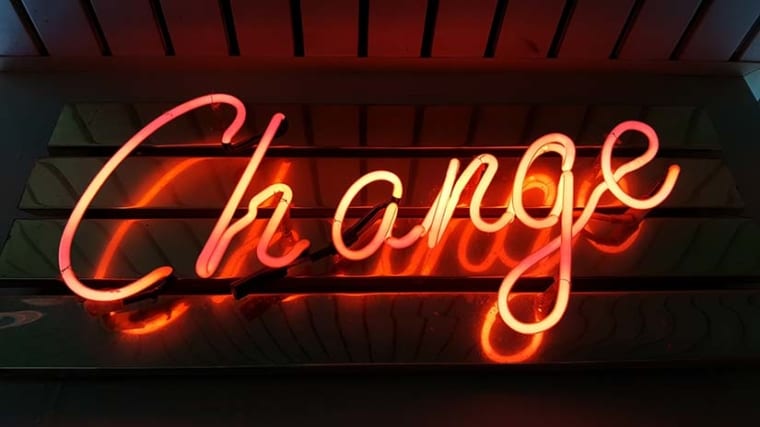These days there seems to be an ever-growing list of global challenges facing governments, civil society, businesses and citizens of the planet. From cybersecurity threats to income inequality to extreme weather to homelessness to food and water insecurity, the range of problems is broad, and the issues, in many cases, are deep.
You can get depressed just thinking about all the challenges, and if you are a business leader you know these are not ideal conditions for any company to thrive. But there are a growing number of companies that are not only rising to the occasion to address these problems, but are doing so in a way that creates value for the business. Now in its fourth year, the Fortune Change the World list celebrates the changemakers—those pioneering business leaders who look at social issues material to their long-term success and say, “We can do things differently.” They’ve embarked on a strategic shift towards shared value, a smarter business model that reimagines the way companies build new markets, innovate, create distinction, and contribute to a thriving society and planet.
In 2011, Harvard Business School professor Michael E. Porter and Mark Kramer, co-founder and managing director of FSG, a global social-impact consulting firm, co-authored Creating Shared Value. Little did they know they would start a rumble that would turn into a revolution. It comes in the form of the global retailer that builds a talent pipeline to create opportunity for underserved communities that actually delivers more productive employees; the multinational utility that seeks to end energy poverty while it creates new markets; and the shipping company that’s transforming its fleet to be more fuel efficient, saving money and lowering its carbon emissions. Today, many of the world’s biggest and most innovative companies are engaged in initiatives that can contribute to the betterment of society and the environment while they drive their businesses.
One of the reasons I find the publication of this list a cause for celebration is that I know first-hand how hard this type of change can be. I was a corporate practitioner of shared value for over a decade, before it was known by that name. I referred to it as the “virtuous cycle,” but it was the same idea. In fact, the idea was inspired by the early works of Porter and Kramer and it proved to be a new and smarter way of thinking about how a business can address societal challenges. And because I’m such a convert to this way of thinking, I recently signed on as the leader of the Shared Value Initiative to build on this respected global platform by contributing my practitioner’s point-of-view to help advance the practice of this transformative approach.
What you don’t always see in the stories of this year’s Change the World companies is the hard work that goes into making the change. When a company commits to delivering shared value, it has to be ready to reflect on its purpose and strategies, its practices, and how it engages and deploys its people to make this shift. Sometimes colleagues think you’re just trying to “do good,” and don’t see the business value, but you can’t give up. Other times there is great enthusiasm, but the resources are still tied up in the old way of doing things, so you have to find seed resources to get the idea off the ground.
Oftentimes you will need to find new metrics and ways to measure them to know if the effort is actually delivering results to society and business. You’ll want metrics to show your shareholders, too. Usually you’re working to build internal knowledge, capacity and buy-in, as well as that of external partners, because you are trying something that’s never been tried before. One thing proves true every time: Achieving shared value is less difficult when enlightened and committed leaders champion the work, shift the organization’s mindset, and tolerate the inevitable mistakes and missteps, while never losing sight of what’s possible.
As we applaud this year’s changemakers, I hope you are inspired by their achievements. And if you’re still early in the journey, I hope you aren’t daunted. Achieving shared value takes time, resources and discipline, but the rewards are many. It can benefit society and the planet as it creates a sense of purpose for your employees, drives loyalty with your consumers, spurs innovation and adds to the bottomline. I hope this year’s list encourages to you to doubledown on your practice or start one if you haven’t. And know that there are leaders in the Shared Value Initiative who are here to be your global community. Together, you can learn, offer advice, share stories and inspire each other as we all move forward in this new frontier.
The world needs our collective effort to tackle the list of growing societal challenges,and we need shared value as a model to help businesses create sustainable change. It won’t be without its hardships, but as Theodore Roosevelt said, “Nothing worth having comes easy.”
Editorial by Bobbi Silten, Managing Director – Shared Value Initiative
This originally appeared on www.fortune.com under the title, Applauding the Changemakers Behind Fortune’s Change the World List




